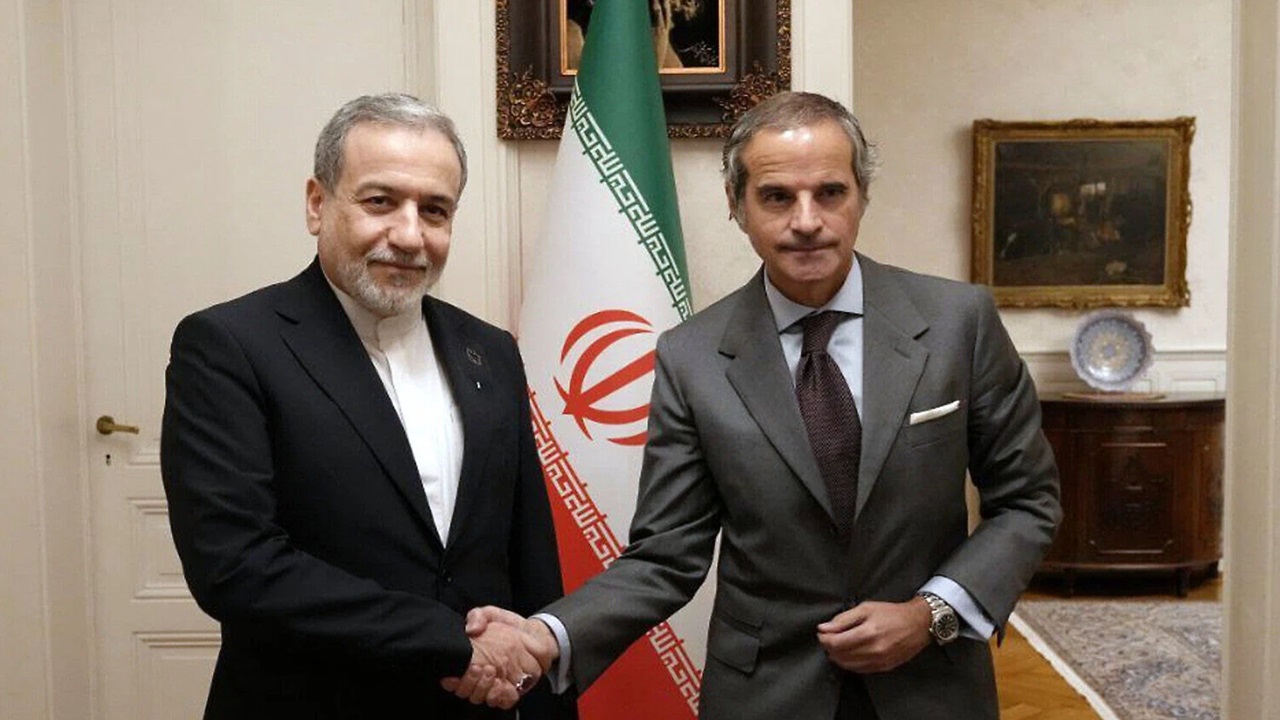A Leader in Exile
On August 5, 2023, Bangladesh’s Prime Minister Sheikh Hasina, ousted amidst nationwide unrest, sought refuge in India. For the past 100 days, Hasina, head of the Awami League and a political powerhouse in Bangladesh, has lived a secret life under Indian protection. Hosted discreetly in a high-security safehouse in Delhi, Hasina’s exile is a repeat of history — she first lived in India as a young woman after her family was assassinated in 1975. Now, as Hasina’s unanticipated stay reaches three months, the implications for both countries continue to unfold.
Exile After Political Upheaval
Sheikh Hasina’s tenure as prime minister transformed Bangladesh’s economy, pulling millions out of poverty through booming garment exports and socio-economic reforms. However, her increasingly authoritarian rule and claims of election manipulation led to growing opposition, fueled partly by U.S. influence. Public dissent came to a head earlier this year, and protests over political quotas evolved into calls for her resignation. As the demonstrations escalated, the situation became untenable, forcing Hasina to flee under threat of escalating violence.
In a dramatic escape, Hasina, shielded by her close aides, was whisked away to a helicopter that carried her to India’s Hindon Air Force Base in Ghaziabad. Her arrival was kept under wraps, and the Indian government provided her with the full protection and respect accorded to a head of state.
A Return to India’s Protection
For Hasina, India has been a place of safety since her youth. After her father, Bangladesh’s founding president Sheikh Mujibur Rahman, was assassinated in 1975, Hasina and her sister narrowly escaped the coup. They spent six years in Delhi under assumed identities before she returned to Bangladesh to lead a pro-democracy movement. Her connection with India runs deep, and Hasina has often credited the country for aiding her during some of her most difficult times.
In her current exile, Hasina is reportedly living in a secluded bungalow within Delhi’s Lutyens’ Bungalow Zone, a neighborhood known for its high security and home to Indian government officials. Sources confirm that India’s elite National Security Guard (NSG) commandos are stationed to protect her, alongside external security provided by the Garud Commandos. Unlike the brief refuge she expected, her stay has now extended well past three months, with movements tightly monitored by her security detail.
Political Tensions and Diplomatic Ramifications
The decision to shelter Hasina has stirred reactions on both sides of the border. In Bangladesh, anti-Indian sentiments among segments of the population have risen, with claims that Hasina’s political dominance was sustained by India’s support. India’s government, however, made a calculated move in hosting Hasina, likely assessing the potential instability her ousting could bring to Bangladesh and the implications for regional security.
Meanwhile, the interim government in Bangladesh, led by Nobel laureate Muhammad Yunus, has intensified pressure for Hasina’s repatriation. Recently, the Bangladesh International Crimes Tribunal issued an arrest warrant against her, citing involvement in “crimes against humanity” for alleged violence against protesters. On November 10, the caretaker government requested Interpol’s intervention to bring her back. However, pro-Hasina protests have emerged in Bangladesh, underscoring the divided support within the country and suggesting that her potential return could exacerbate existing tensions.
Hasina’s Support Network in Exile
Accompanying Hasina in her Delhi refuge is her daughter, Saima Wazed Putul, a senior official with the World Health Organization based in Delhi. Sources indicate that Putul’s work and familiarity with India’s capital have likely aided Hasina’s comfort and connection during this uncertain period. For Hasina, Delhi’s familiarity is both solace and a reminder of a turbulent history that she could not have anticipated revisiting.
In early reports, Hasina was even sighted walking in Delhi’s Lodhi Garden with her close entourage, blending into public spaces under heavy security. Observers have noted her quiet life in Delhi, shuttling between her safehouse and occasional outings, yet always under the watchful eye of her protection team.
Regional Politics and the U.S. Factor
With former U.S. President Donald Trump back in office, a new angle has emerged in Hasina’s narrative. Trump has expressed criticism of Bangladesh’s interim government over its treatment of Hindus and hinted at a favourable stance toward Hasina. As Trump’s position becomes more influential, Bangladesh’s political climate could shift further, complicating any plans for Hasina’s repatriation. Meanwhile, India is navigating the delicate diplomatic space between supporting its long-time ally and avoiding undue interference in Bangladesh’s internal politics.
Uncertain Future in a Familiar Land
Sheikh Hasina’s return to India — decades after finding refuge in the same city — underscores the cyclical nature of history and the unpredictability of political life. What began as a temporary escape has turned into a lengthy exile, with no clear timeline for her return to Bangladesh. For Hasina, Delhi has become a second home under vastly different circumstances, yet her determination to lead remains intact. As her stay stretches beyond 100 days, Hasina’s future and Bangladesh’s political direction hang in the balance, leaving India and the international community watching closely.
While the final chapter of her stay remains unwritten, Hasina’s secret life in India speaks to the enduring power of alliances and the resilience of those shaped by history.
(With inputs from agencies)








